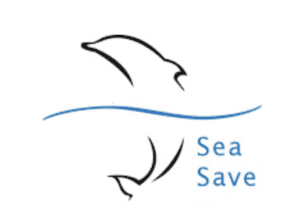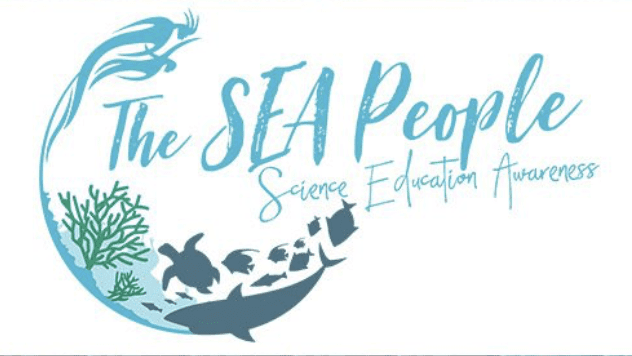Sea Save Foundation and the Worldwide Coral Bleaching Event
Since the Bird’s Head Seascape (BHS) site is about regional events, we seldom post about global issues. The current worldwide coral bleaching event has hit the Bird’s Head, like a sledgehammer, especially in the Dampier Strait! And it’s not just affecting the Birds Head but 80% of the world’s coral reefs. This is the worst worldwide coral bleaching event in history! So wider “coverage” of the problem is justified.
We have been posting about this bleaching event for over a year…about its causes, both global and regional, and what can be done locally to mitigate its effect. While many consider the problem “fixable” by certain actions…better education, proper sanitation systems/waste and waste water treatment, etc.; no single issue is the cause nor will one single action repair/stop the damage. Research data indicates the primary problem is global, which given that 80% of the worlds’ reefs are affected, should be obvious. Local actions or inactions, however, can either help rectify the problem or amplify its decline.
The demise of the world’s coral reefs can only be ignored at our peril. The ocean covers 70% of the planet. And while coral reefs cover only 1% of the world’s oceans, they provide habitat for 25% of marine life. The reasons for saving them are nearly endless…
Bottom line: we simply can not exist without them.
We will continue to post about conditions in the BHS, but if you are interested in knowing more about global ocean issues I highly recommend subscribing to the Sea Save Foundation‘s newsletter and reading their blog, Ocean Week in Review. The current blog’s lead story contains two important articles about the present worldwide bleaching event.
One by the Smithsonian Magazine and one by the World Economic Forum. Both articles are short and well worth reading. While these articles address global issues and solutions, there are local actions that can also help.
One “local” action is coral reef restoration. Coral reef restoration projects’ success is indeed variable. There are many of these projects throughout the tropics and the Bird’s Head Seascape. One of the best happens to be located in Raja, and is operated by The Sea People. Their Yaf Keru Reef Restoration and Conservation Project is perhaps the world’s largest and most successful. The downside of all reef restoration projects, however, is not just their cost but the scale of the problem. And until we address the underlying global issues that are the primary cause of the problem regional actions, while highly effective “locally”, will not be enough to stop this bleaching event or prevent future ones.







































